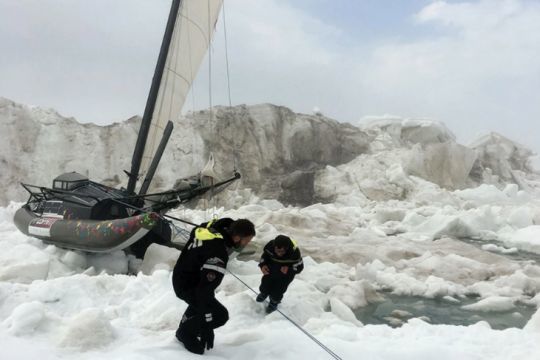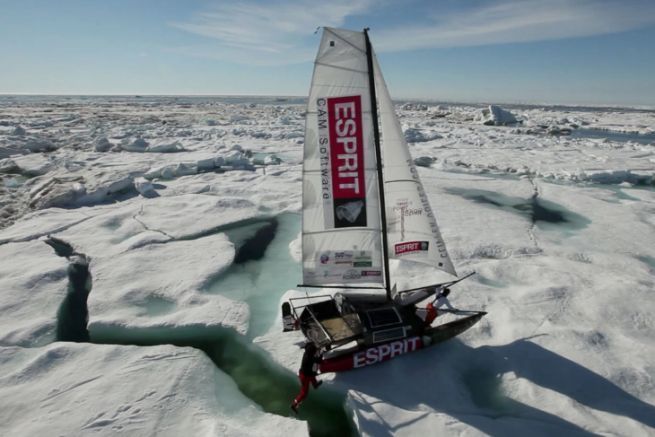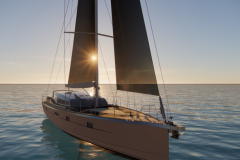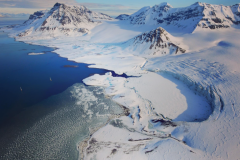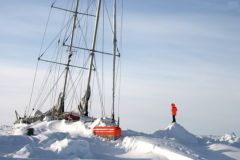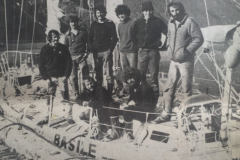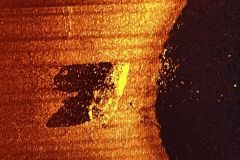The specialist of frozen lands
For the past 20 years, Sébastien Roubinet has been exploring the icy lands of the Arctic, from his family's beginnings in Greenland, through missions aboard Tara and a crossing of the Northwest Passage in 2007, to a series of expeditions on his sailboats - char à voile "Babouche", the latest of which was in 2018.
In 2022, Sébastien Roubinet will set off again to explore the Arctic lands with the Nagalaqa expedition in the company of two team members. Eric André, a school teacher, was already present at his side during the passage of the Nord-Ouesteuros; Jimmy Hery, for his part, has been living at the North Pole for about ten years.
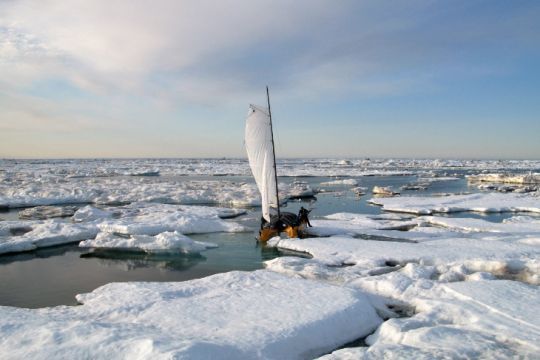
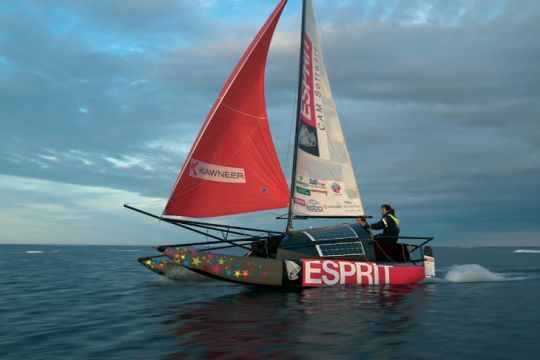
A 3-month expedition in the ice
They will leave Sachs Harbour, on Banks Island in June 2022, to reach Spitzbergen by passing north of the Canadian and Greenlandic lands, in total autonomy, without assistance and without engine. This 3-month expedition will be carried out on board a 7 m long and 2.40 m wide catamaran/iceboat designed and built by the adventurer and polar navigation specialist. This prototype, specially designed for the expedition, can also evolve on the ice. It will be equipped with solar panels of 400 watts. The adventurer is not at his first attempt since it is on a similar boat that he realized the expeditions "Pole Way".
"I am going back to the Arctic on this expedition because I am very happy to be up there. Even if the conditions are harsh, I have a real attraction for these regions. I always want to go back there and each time, I discover new things. I like the nomadic aspect and the idea of progressing with your environment. For us, it will be the boat. I like this minimalist way of life, in the heart of nature" explains Sébastien.
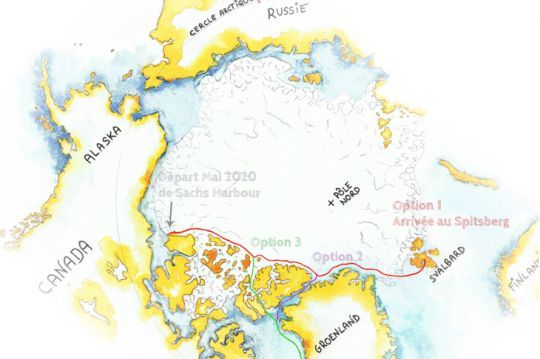
A scientific approach and a well-prepared expedition
This expedition, supported by the Odysseus Foundation, will bring back data to scientists in a little frequented region: ice measurements, environmental DNA collection, fauna counting, etc
Sébastien Roubinet takes advantage of his experience acquired on previous projects to be fully prepared and able to anticipate hazards, as he explains:
"We are well prepared. On the last expedition, we managed not to lose weight, to be in shape until the end thanks to dehydrated (not freeze-dried) food. I also came back without any frostbite. It was the first time I had ever done it! It is more often morally that it can be hard. We have encountered extreme situations on previous expeditions in the heart of the Arctic Ocean. Normally, we always have a place to fall back to if the weather conditions become too difficult. There, the fallback is on big ice patches. With the climate change, we observed that there was less ice and that the plates were smaller and thinner, that they could give way. We sometimes found ourselves balanced on a block of ice too small to shelter us and the boat. But on this expedition, we'll be able to take shelter on land."
